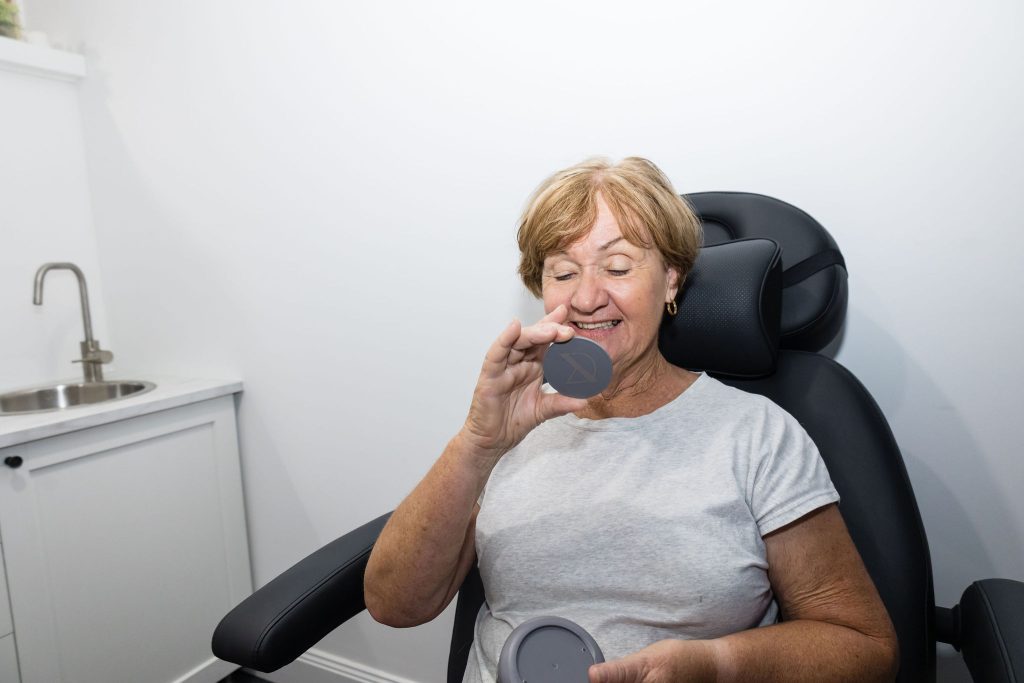Dentures play a crucial role in restoring a confident smile and maintaining oral functionality for individuals with missing teeth. Over time, dentures may experience wear and tear, leading to changes in fit and effectiveness. Knowing when to get a new denture is vital to ensure optimal oral health and comfort. Here are some key indicators that it may be time for an upgrade:
Worn-out Appearance:
Dentures, like natural teeth, can show signs of aging. If you notice significant wear, cracks, chips, or visible damage on your dentures, it might be time to consider a replacement. Aesthetics aside, worn-out dentures may not provide the necessary support and functionality, impacting your ability to chew and speak comfortably.
Poor Fit:
Changes in the jawbone and oral tissues over time can affect the fit of dentures. If your dentures start to feel loose, slip out of place frequently, or cause discomfort, it’s a clear indication that they no longer fit properly. Ill-fitting dentures can irritate the gums and even lead to sore spots, making it crucial to consult your dentist for an assessment.
Persistent Irritation and Soreness:
Dentures that don’t fit well can rub against the gums and oral tissues, leading to irritation and soreness. If you notice persistent discomfort, redness, or inflammation in your mouth, it may be time to check whether your dentures need adjustment or replacement.
Changes in Facial Appearance:
Dentures that are too old or ill-fitting might not provide the appropriate support to maintain your facial contours. As a result, you may notice changes in your facial appearance, such as a sunken or collapsed appearance around the mouth. If you observe such changes, it’s best to consult your dental prosthetist to explore options for a new denture.
Difficulty Chewing and Speaking:
The primary function of dentures is to enable effective chewing and clear speech. If you experience difficulties in these areas despite good denture care, it could be an indication that your current denture is no longer suitable for your needs. A new denture with an improved fit can help restore functionality and confidence in your daily activities.
Age of Current Denture:
Dentures, like any dental appliance, have a limited lifespan. If your dentures are over five to seven years old, it’s advisable to have them assessed by your dentist. Even with excellent care, the materials can deteriorate over time, affecting the denture’s performance.
Getting a new denture is an important decision that can significantly impact your oral health and overall well-being. If you notice signs of wear, poor fit, persistent irritation, changes in facial appearance, or functional issues with your denture, don’t hesitate to reach out to your dental prosthetist. A professional assessment will help determine whether it’s time for a replacement and ensure you continue to enjoy a confident smile and comfortable oral function. Remember, regular dental check-ups and denture evaluations are essential for maintaining your oral health and the longevity of your dentures.
Want to book in for a consultation? CLICK HERE

